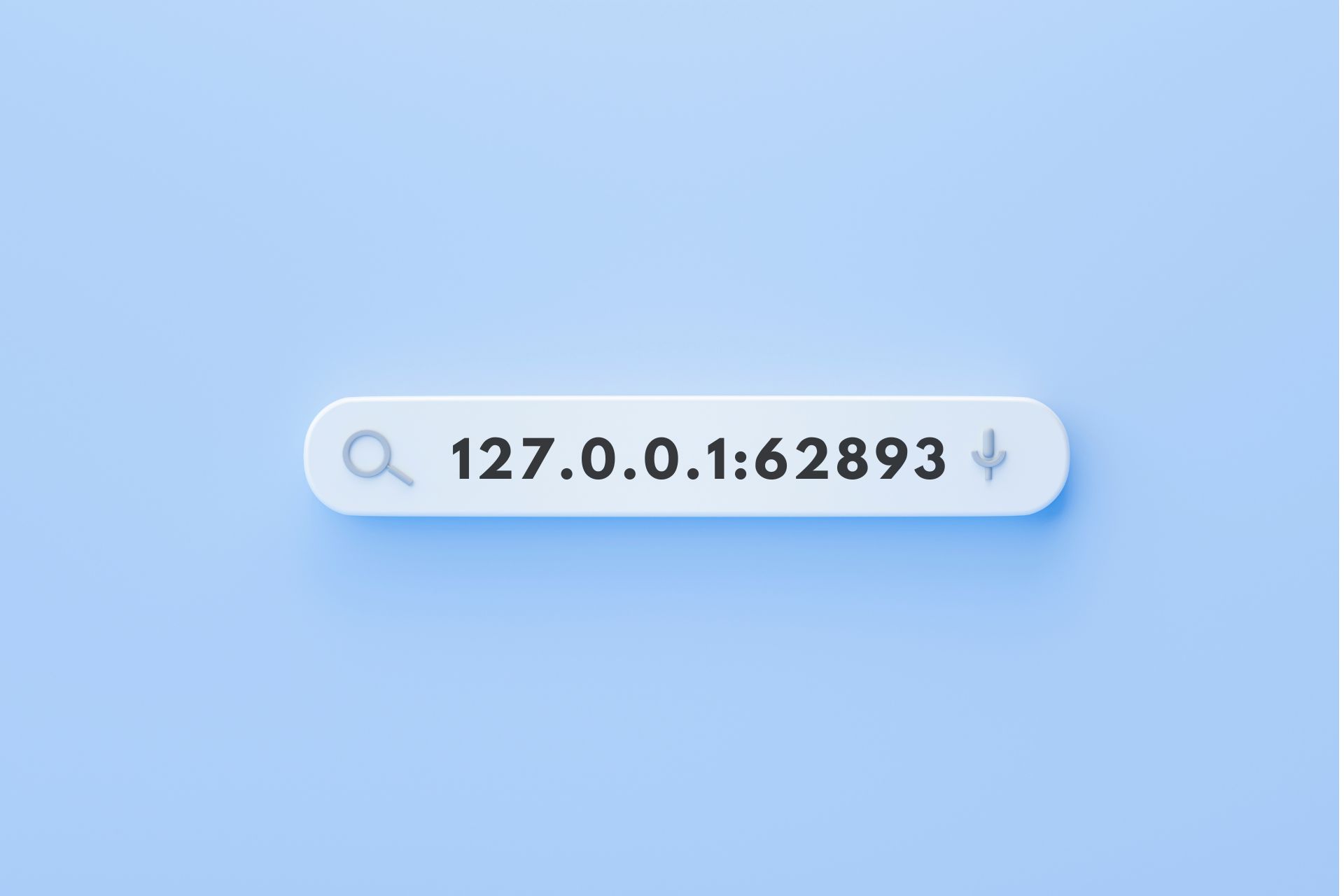In the vast world of networking and internet protocols, the address 127.0.0.1:62893 might seem obscure to many. This article aims to demystify this address and port combination, explaining its significance, usage, and the technical details behind it.
What is 127.0.0.1?
Localhost Explained
127.0.0.1 is commonly known as the “localhost” or “loopback” address. It’s a special IP address that a computer uses to point to itself. When you ping 127.0.0.1, you’re essentially asking your computer to communicate with itself.
Importance of Localhost
The localhost is vital for developers and network administrators. It allows them to test applications and services without needing an external network connection. This self-referential address ensures that the network stack is functioning correctly on the host machine.
Understanding Port 62893
What are Ports in Networking?
Ports are virtual endpoints for communication in a computer network. They allow multiple services to run on a single IP address without interference. For example, web servers typically use port 80 for HTTP and port 443 for HTTPS.
Significance of Port 62893
Port 62893 is not a standard or well-known port like 80 or 443. It’s typically used for custom applications or services. When an application uses this port, it’s often for specific, internal purposes rather than public-facing services.
Why Use 127.0.0.1:62893?
Development and Testing
Developers often use 127.0.0.1:62893 for testing and debugging applications. By binding a service to this address and port, they can simulate network interactions in a controlled environment.
Security Benefits
Using localhost addresses for testing can enhance security. Since 127.0.0.1 is not accessible from external networks, it prevents potential external attacks during the development phase.
Common Use Cases
Web Development
Web developers might use 127.0.0.1:62893 to run local versions of their websites. This setup allows them to make changes and test functionality without affecting the live site.
API Testing
API developers can use this address and port to host local instances of their APIs. This approach helps in testing endpoints and responses without external dependencies.
Troubleshooting 127.0.0.1:62893 Issues
Common Problems
Sometimes, services might not start on 127.0.0.1:62893 due to port conflicts or firewall settings. Identifying these issues early can save a lot of troubleshooting time.
Solutions
- Port Conflicts: Ensure no other service is using port 62893.
- Firewall Settings: Adjust firewall settings to allow traffic on port 62893 for localhost.
Security Considerations
Localhost vs. Public IPs
While 127.0.0.1 is secure for local development, deploying services on public IPs requires additional security measures. Always ensure that sensitive services are properly secured when exposed to the internet.
Best Practices
- Use Strong Authentication: Even on localhost, ensure that your services use robust authentication mechanisms.
- Regular Updates: Keep your development tools and environments updated to protect against vulnerabilities.
Advanced Topics
Loopback Interface
Understanding the loopback interface and its role in networking can provide deeper insights into localhost addresses like 127.0.0.1.
Network Protocols
Exploring how different network protocols interact with localhost can enhance your understanding of networking concepts.
Conclusion
127.0.0.1:62893 may seem like just another technical address and port combination, but it plays a crucial role in development and testing. By leveraging localhost and custom ports, developers can create secure, isolated environments to build and test their applications.











